Indigenous community pursue class action against NSW government over cultural fishing rights
More than 10,000 members of a coastal community are suing the NSW government for compo over claims of unlawful prosecution.
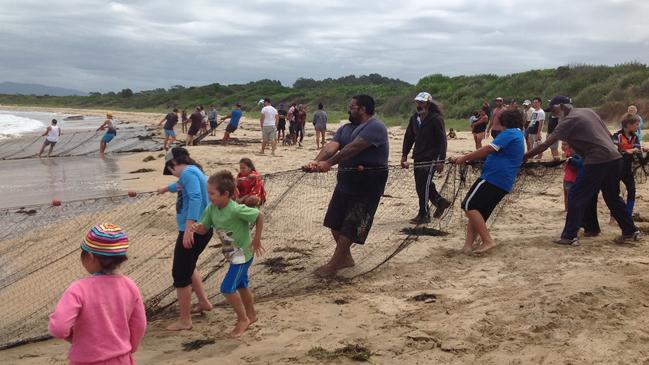
A coastal Aboriginal community is suing the NSW government over claims they have been unlawfully prosecuted for exercising their cultural fishing rights, in a landmark case that could have huge repercussions for Indigenous Australians wishing to hunt their local waterways.
More than 10,000 members of the South Coast Native Title Claim group may be eligible for a compensation from the NSW government for the criminalisation of traditional fishing practices protected under Commonwealth native title law.
The claim contends that the NSW government’s actions, which include surveillance and prosecution by fisheries compliance officers, have inflicted profound repercussions on Aboriginal fishers and the broader community – constituting a breach of the Racial Discrimination Act.
JGA Saddler solicitor Tristan Gaven is leading the class action and is looking to achieve systemic change for people who were called “poachers” for practising their cultural fishing rights.
“An element that always sticks out for me is the hurt that a lot of these people suffer as a result of being labelled ‘poacher’ – it really feels like the community has or is being turned against them,” Mr Gaven said.
“Stopping the prosecutions is absolutely the most important policy change we’re seeking,” he said.

Under the Commonwealth Native Title Act native title holders have been exempt from state laws which restricted their ability to exercise their traditional rights to fish, hunt and gather, but defending these rights in NSW courts proved to be infeasible for many native title holders.
The native title defence is a lengthy and expensive court procedure, which requires the defendant to provide genealogy research, an expert report from an anthropologist, as well as proof from the community.
“The government has recognised that these people have these rights, but they're just not recognising them,” Mr Gaven said.
“One of the main changes is going to be to actually, hopefully, get some clarity around it (the native title defence) and its availability to people being charged with fisheries offences,” he said.
“Then it’s about sitting down and working with the community to come up with a system that works for everyone. There needs to be some recognition that these fishing rights exists and the government has to be to some extend a bit more reasonable in those negotiations.”
Mr Gaven has previously been involved with successful Stolen Generations and Stolen Wages class action cases, which saw state and federal governments pay hundreds of millions of dollars in compensation to Aboriginal communities in Western Australia and the Northern Territory.
One of the class action participants Yuin Aboriginal Elder Wally Stewart said he's hoping to “get some justice” after the people’s way of life was damaged.
“The damage that they (the government) has done … we’re still recovering from it and we’re fighting back – its been happening for 30 to 40 years,” Mr Stewart said.
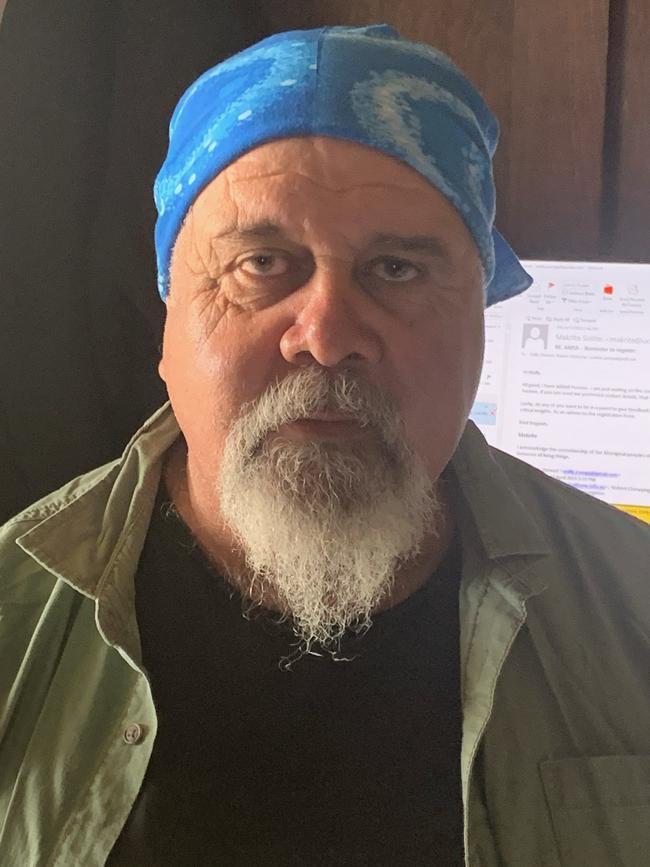
“They’ve been prosecuting people from fines to going to court, getting a criminal record … people getting sent to jail, their families breaking down while they're in jail, coming out with mental health issues and feel like they're being wrongly done by,” he said.
“They don't see it as a crime – it’s cultural fishing to them and it’s always been part of our cultural way of life.”
Mr Stewart says a lot of the community is scared to pass on their culture to future generations out of fear of prosecution, but the class action has given them hope.
“Once we lose our cultural fishing, that's our culture lost forever. The south coast people – we’re sea people, we’re relying on the resources in the ocean,” Mr Stewart said.
Solicitor Kathryn Ridge successfully defended several cases against Aboriginal fishers brought by the NSW government, most of which were withdrawn before they could be tested in court.
“Its actually a very quick policy fix – the state government has had as a part of its Aboriginal Fishing Strategies for decades that they would provide for an Aboriginal cultural fishing take, that they would provide commercial licenses and they’ve failed to do so,” Ms Ridge said.
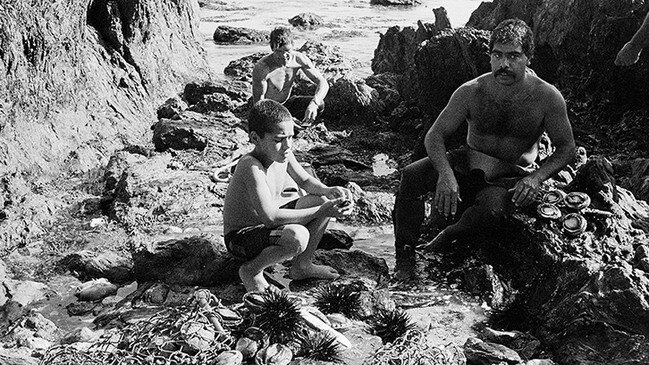
“It’s a cruelling process, it’s designed to dissuade Aboriginal people from doing fishing in accordance with their law and customs, its designed to keep them out of the water.”
The 2022 NSW parliamentary inquiry into Aboriginal cultural fishing found that the government “failed to effect the will of parliament” by not commencing section 21AA included in the Fisheries Management Amendment Act 2009.
A spokesperson for the NSW Minister for Agriculture said they are consulting with Aboriginal communities and the Aboriginal Fishing Advisory Council on the socially and legally complex matters.
“The NSW government is working its way through them to ensure any regulation and enforcement balances the needs of fish conservation, cultural sensitivities and community needs,” they said.


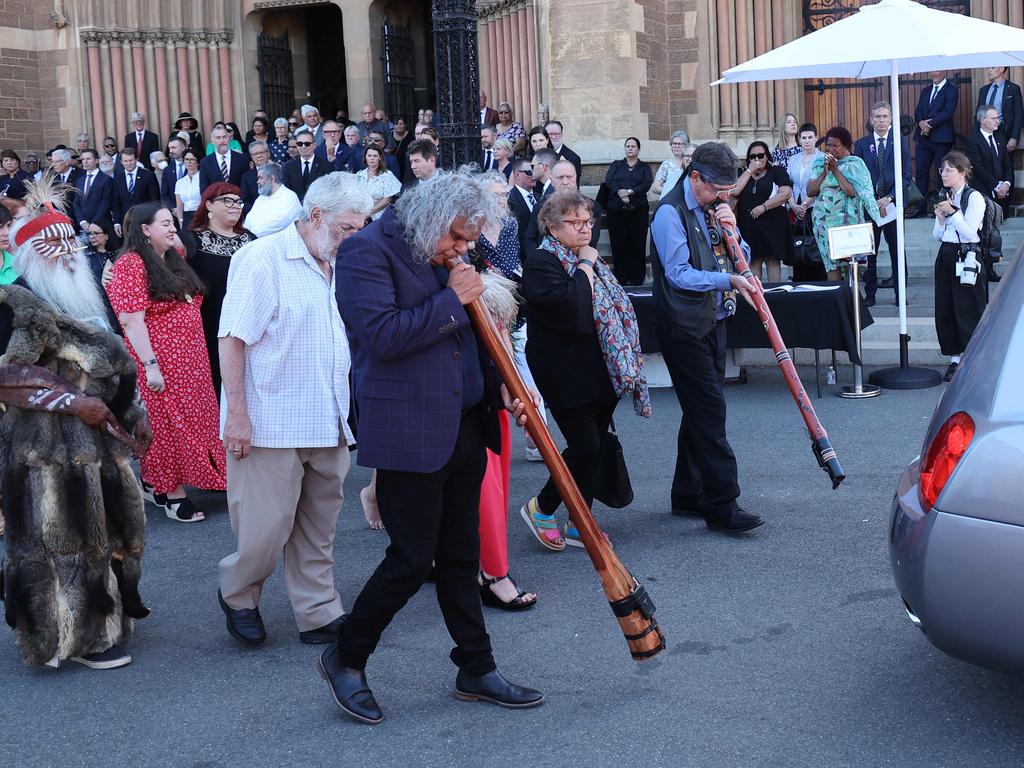

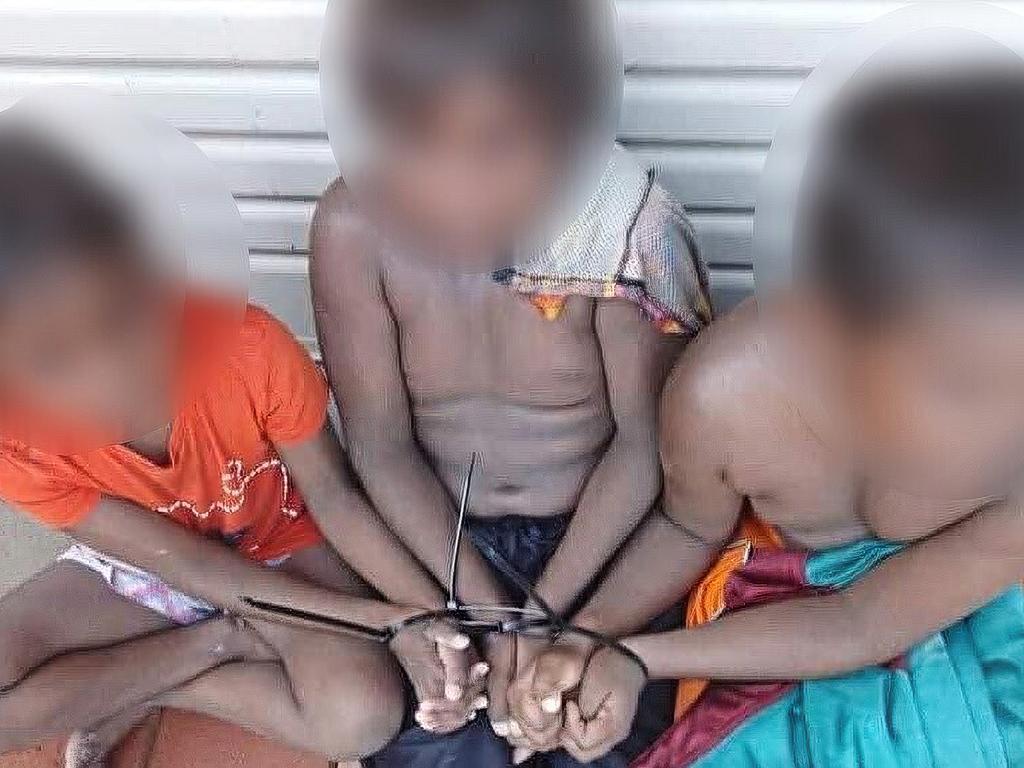


To join the conversation, please log in. Don't have an account? Register
Join the conversation, you are commenting as Logout